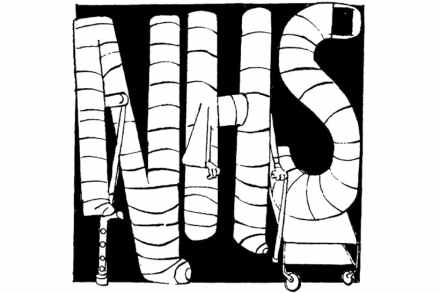Letters: What happens if interest rates rise?
Spinning plates Sir: Kate Andrews is right to highlight the looming risk of inflation (‘Rishi’s nightmare’, 6 March), but to say that the UK has known barely any inflation for almost a generation misses a very painful point. It may be true for consumer prices. Low interest rates and quantitative easing, along with other ill-advised stimuli, have caused huge inflation over the past two decades in the single greatest expense throughout most working people’s lives: the cost of housing. Along with rash promises such as the triple lock, it has been responsible for a vast transfer of wealth from young to old, from the less well-off to the more affluent,




















